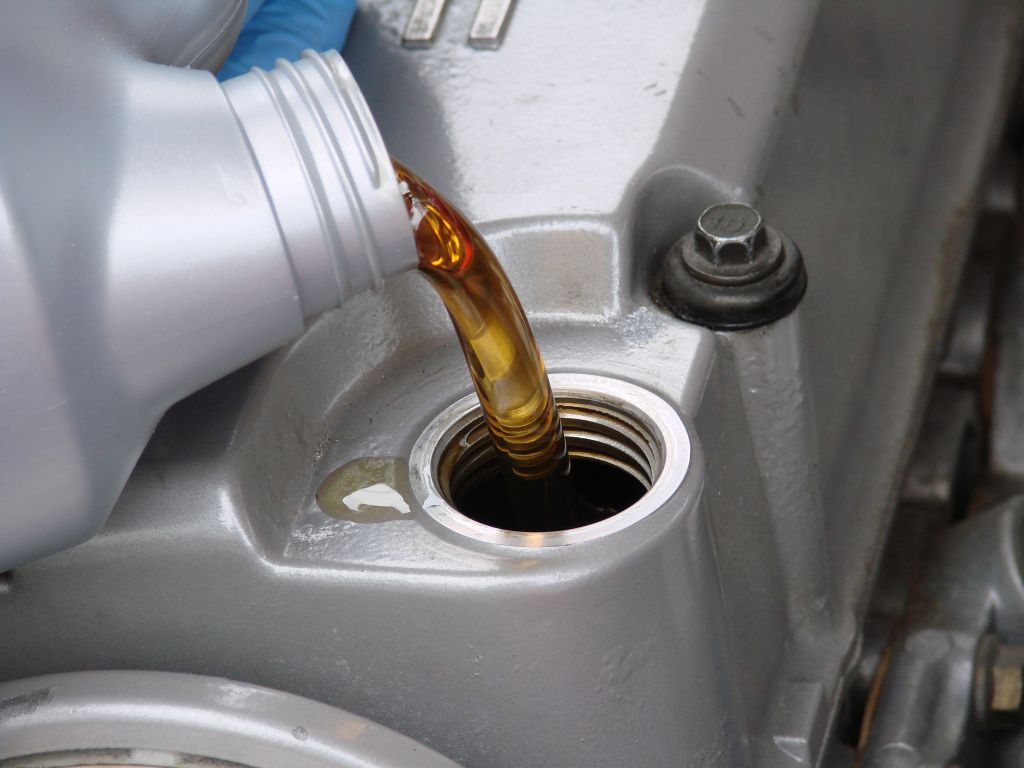
Mileage, Time, Or Condition? When is the best time to change your fluids? Does it depend on your driving? What category would you say your in, normal or severe?
• Coolant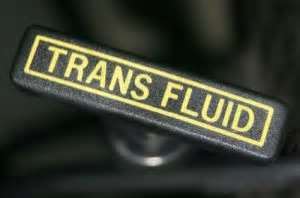
• Engine Oil
• Brake Fluid
• Differential Fluid
• Transmission Fluid
• Transfer Case Fluid
• Power Steering Fluid
• Vehicle Maintenance Services Complete
Normal or Severe? Have you ever tried to actually read your owner’s manual, especially the part about maintenance and service? As if this kind of stuff isn’t confusing enough, there are always two schedules listed, one for a vehicle driven under “normal” conditions and another for “severe” conditions. But what exactly does this mean? Changing your oil and filter is the most important maintenance you can perform on your car or truck.
Changing Your Car Engine Oil In Plainfield, IL
 Q: Do you know how often to change your oil?
Q: Do you know how often to change your oil?
A: Typically every 3,000-10,000 miles depending on type of oil your vehicle requires. When do you change yours?
Q: Do you know what kind of oil your vehicle likes?
A: Vehicles typically require a certain type of oil. So many different brands and types to choose from. Premium conventional oil, full synthetic oil, synthetic blend oil, higher mileage oil, many choices.
Q: What are oil additives? What do oil additives do?
A: Use of oil additives is a way to improve plus maintain your engine oil performance. High engine temperatures combine with moisture, combustion byproducts (including unburned gasoline), rust, corrosion, engine wear particles and oxygen to produce sludge and varnish. Oil additives not only assist oil in maintaining good lubrication, they also help minimize sludge plus varnish, and any damage from their formation. Here is some information about key oil additive ingredients and why they’re so important:
• Oil Additives Plus Their Importance:
• Viscosity-index improvers: Reduce oil’s tendency to thin with increasing temperature.
• Detergents: Unlike your household type, they don’t scrub engine surfaces. They do remove some deposits, primarily solids. But their main purpose is to keep the surfaces clean by inhibiting the formation of high-temperature deposits, rust and corrosion.
• Dispersants: Disperse solid particles, keeping them in solution, so they don’t come together to form sludge, varnish and acids. Some additives work both as detergents and dispersants.
• Antiwear agents: There are times when the lubricating film breaks down, so the antiwear agents have to protect the metal surfaces. A zinc and phosphorus compound called ZDDP is a long-used favorite, along with other phosphorus (and sulphur) compounds. If you musts know, ZDDP stand for zinc diakyl dithiophosphate.
• Friction modifiers: These aren’t the same as antiwear agents. They reduce engine friction and, so, can improve fuel economy. Graphite, molybdenum and other compounds are used.
• Pour-point depressants: Just because the 0° F viscosity rating is low doesn’t mean the oil will flow readily at low temperatures. Oil contains wax particles that can congeal and reduce flow, so these additives are used to prevent it.
• Antioxidants: With engine temperatures being pushed up for better emissions control, the antioxidants are needed to prevent oxidation (and, therefore, thickening) of oil. Some of the additives that perform other functions also serve this purpose, such as the antiwear agents.
• Foam inhibitors: The crankshaft whipping through the oil in the pan causes foaming. Oil foam is not as effective a lubricant as a full-liquid stream, so the inhibitors are used to cause the foam bubbles to collapse. Resulting in better lubricating qualities and reduced engine wear.
• Rust-corrosion inhibitors: Protect metal parts from acids and moisture, which your engine could not live without. Without it your car engine would never last.
Changing Transmission Fluid In Plainfield, IL
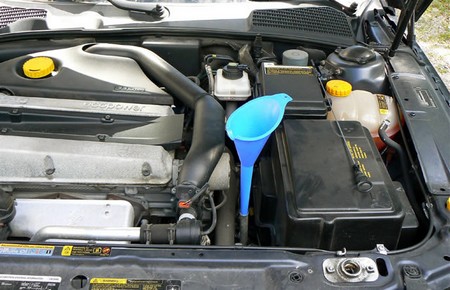 Q: How often is your transmission fluid suppose to be changed?
Q: How often is your transmission fluid suppose to be changed?
A: You ever here someone say it isn’t necessary to service your transmission? Some owner’s manuals even say it isn’t necessary. Yeah, right. That’s why transmission shops like us are making a fortune replacing burned out automatic transmissions. For optimum protection, change your fluid and filter every 30,000 miles (unless you have a newer vehicle that is filled with Dexron III or any other type of ATF which is designed to be good for higher mileage).
Q: Do you know what kind of transmission fluid your vehicle takes?
A: So many kinds to choose from. ATF+4 Most Dodge, Jeep, and Chrysler | Mercon V – Most Ford, Mercury, Lincoln | Mercon LV – Some Ford(DuratecHE), MAZDA in Europe or Asia | Dexron VI – Most GM and pre-2004 Toyota products, some Ford applications | ATF DW-1 – All Honda and Acura (except CVT) | SP-III – All Hyundai, Mitsubishi and Kia (except CVT and dual clutch) | Matic S, Matic K, Matic D – Jatco transmissions, used in Nissan and Subaru vehicles | Toyota ATF-WS – All 2004 and later Toyota including hybrids, Choose wisely. Using an incorrect transmission fluid type can result in a huge hole in your pocket other wise known as transmission failure. Not worth the risk of damaging your trans. If your going to top off your trans make sure you put the correct type in. Questions about what type to use? Give us a call.
Changing Brake Fluid In Plainfield, IL
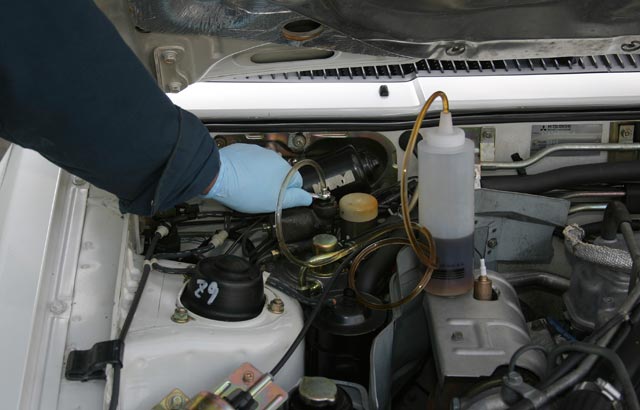 Adding brake fluid is usually not part of routine vehicle maintenance. If you have low brake fluid, typically it means that your brake pads are low and soon need to be replaced.
Adding brake fluid is usually not part of routine vehicle maintenance. If you have low brake fluid, typically it means that your brake pads are low and soon need to be replaced.
Q: Are there different types of brake fluid?
A: As with most fluids, there are a few different options. Including DOT 3, DOT 4, and DOT 5. DOT 3 meets a minimum specification, while DOT 4 and 5 meet more stringent requirements. The purpose of these requirements is “to reduce failures in the hydraulic brake systems. (1) Petroleum (mineral oil) base (2) Non petroleum base. Types of brake fluid are differentiated based on their boiling capacity.
Warning: Never use DOT 5 automotive brake fluid in a vehicle designed for DOT 3 or DOT 4 fluids. It is ok to use DOT 4 fluid in a vehicle that requires DOT 3, but not vice-versa. NEVER substitute any other fluid for brake fluid. Wash your hands after coming in contact with brake fluid. It eats paint, so imagine what it’ll do to skin. Properly discard brake fluid that’s been unsealed for more than one year. Make your brake repair service last, use proper fluid.
Coolant Flushing In Plainfield, IL
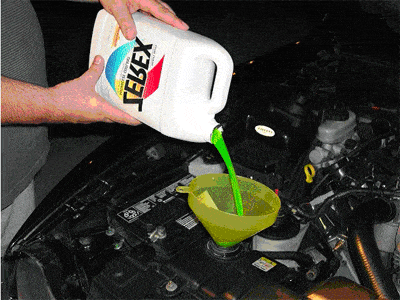 Q: How many different types of automotive coolant are there?
Q: How many different types of automotive coolant are there?
A: Hybrid engine coolants (containing silicates), OAT engine coolants (free of silicates), Si-OAT-engine coolants
Q: How often should coolant be changed?
A: Engine coolant additives such as a pH buffer gradually breakdown and become less effective. We therefore recommend a complete change of coolant every three to four years. It’s recommended to clean your cooling system and completely renew the coolant whenever a repair is made to the cooling system. This prevents rust, soil and or suspended particles left behind in the system from causing scale, corrosion and other damage.
Purpose Of Coolant-Antifreeze
Today’s engines are loaded with aluminum components: cylinder heads, water pumps, manifolds, even engine blocks are made from your all mighty aluminum. The two primary heat exchangers also known as a radiator and heater core are also aluminum. Aluminum needs great corrosion protection to survive, and the corrosion protection in green and red antifreeze is used up in about two years. Orange offers longer life, but if your car came with green or red, you can’t switch to orange without a fair amount of preparation. If your car is around four years old or so, a switch is not likely to yield long term coolant life, you’d still face the usual 2-year flush, drain, fill, schedule. Have any questions? Call 815-577-0327 today.
Is Your Vehicle Due For A Fluid Service?
If your in or around Plainfield, Naperville, Bolingbrook, in need of a vehicle fluid service we have all your needs covered. What fluids does Last Chance Auto Repair service? We service engine oil, transmission fluid, differential fluid, transfer case lubricants, engine coolant, power steering fluid plus brake fluid. Anything we forgot automotive related, bring it by and will service it’s fluid to. Problems or issues? Contact us anytime.
